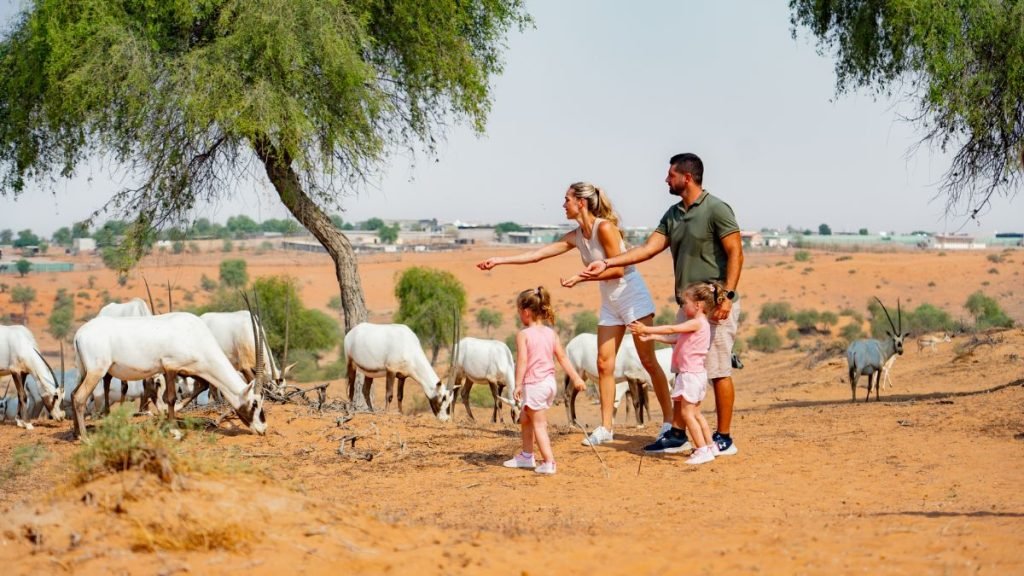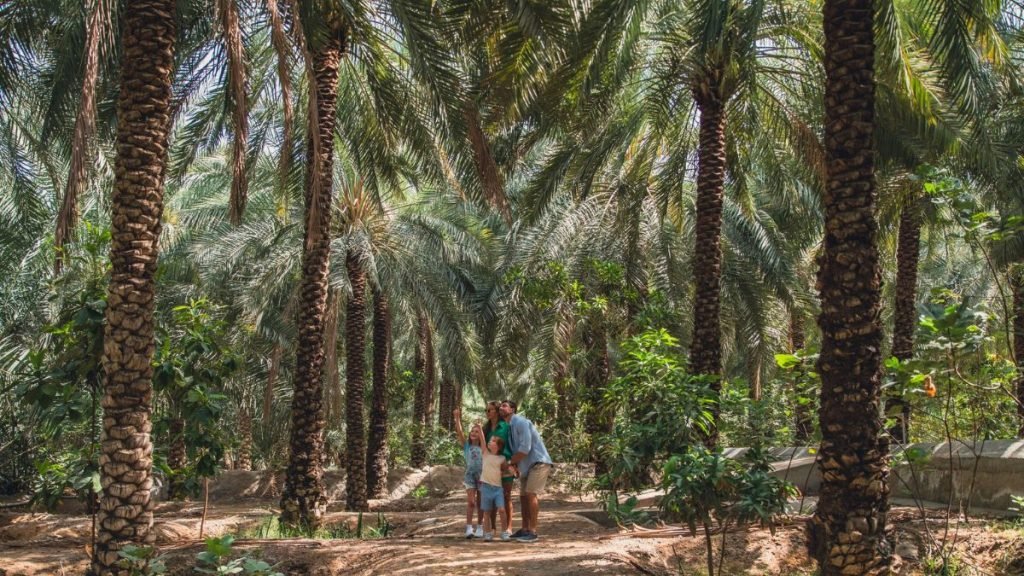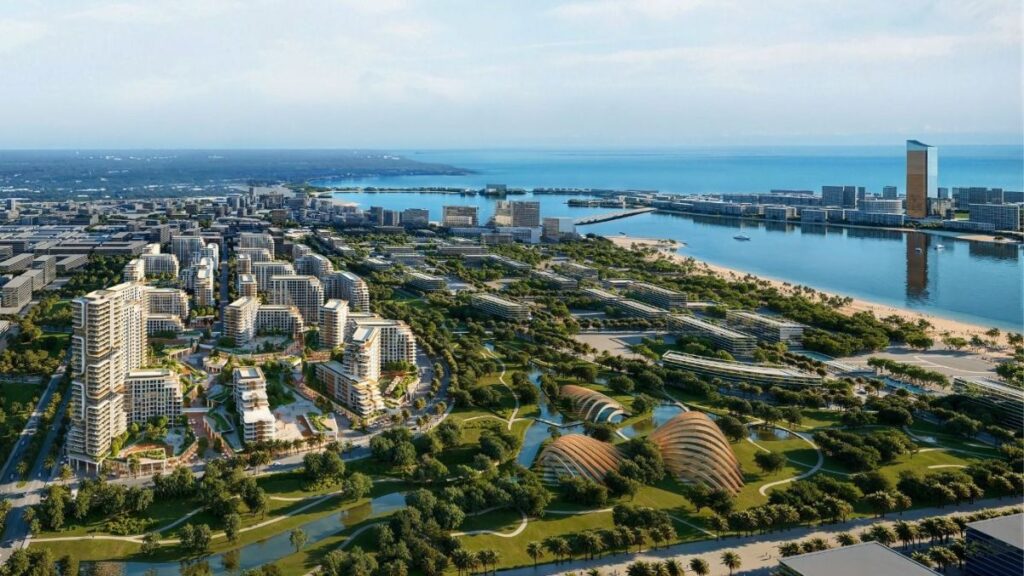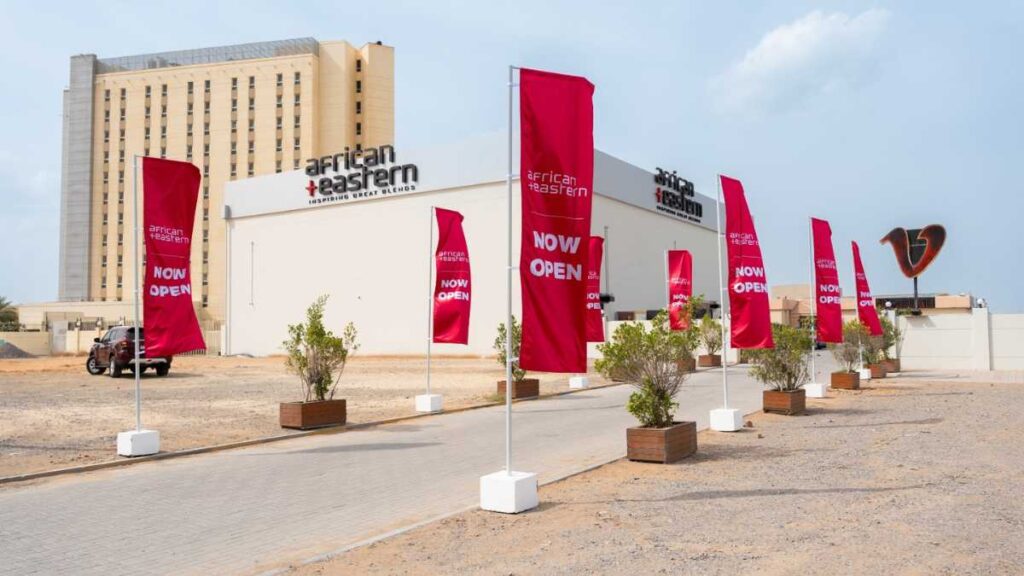Sustainable travel is not just a trend; it’s a global movement towards responsible tourism that respects the environment, supports local communities, and preserves cultural heritage. With 75% of global travelers expressing a desire to travel more sustainably, according to a recent survey by Booking.com, the importance of eco-friendly travel practices cannot be overstated. Ras Al Khaimah, known for its stunning natural beauty and rich cultural heritage, is committed to promoting sustainable tourism. This guide will explore how visitors can make sustainable choices when exploring this captivating Emirate.
Understanding Sustainability Accreditations
As travelers increasingly seek out sustainable options, it’s essential to understand how to identify them. Ras Al Khaimah Tourism Development Authority (RAKTDA) has partnered with EarthCheck, the world’s leading scientific benchmarking and certification program for tourism destinations. EarthCheck evaluates destinations across 10 sustainability indicators, including energy consumption, waste management, and community engagement. Last year, Ras Al Khaimah became the first destination in the Middle East to achieve Silver Certification by EarthCheck, underscoring its commitment to sustainable tourism practices.

Making Smart Flight Choices
Air travel contributes significantly to carbon emissions, but there are steps travelers can take to minimize their impact. Opting for direct flights over connecting ones reduces fuel consumption while packing light decreases the plane’s load. Visitors to Ras Al Khaimah can easily access the Emirate by booking direct flights to Dubai, followed by a short journey to this picturesque destination. Additionally, longer stays not only allow travelers to immerse themselves in the local community but also contribute to reducing CO2 emissions.
Engaging in Low-Impact Activities
Ras Al Khaimah offers many low-impact activities that allow visitors to responsibly experience the Emirate’s natural beauty. From hiking along scenic trails to exploring the region’s first cultured pearl farm, there are options for every eco-conscious traveler. Suwaidi Pearls, the nation’s only remaining pearl farm, exemplifies eco-friendliness by utilizing naturally bred oysters and solar panels for energy. Visitors can embark on a traditional pearl diving boat to learn about the cultivation process while enjoying breathtaking views of the Hajar mountains.

Supporting Local Businesses
Supporting local businesses is integral to sustainable tourism, fostering authentic cultural experiences and bolstering the local economy. In Ras Al Khaimah, guests can dine at locally sourced restaurants, hire local guides for hiking tours, and participate in community initiatives. Camp 1770, nestled in the Jebel Jais mountains, offers sustainably sourced meals from local tribesmen, while Adventurati Outdoor provides tailored hiking experiences led by knowledgeable guides.
Staying in Eco-Friendly Accommodations
Ras Al Khaimah’s hospitality scene is committed to sustainability, with numerous hotels and attractions earning the “Responsible RAK” Silver Certification. Properties like Rixos Bab Al Bahr and Mövenpick Resort Al Marjan Island prioritize eco-conscious practices, from waste management strategies to water-saving initiatives. The Bear Grylls Explorer Camp, situated amidst the rugged landscape, utilizes recycled cabins, further emphasizing the Emirate’s commitment to eco-friendly tourism.

Exploring Culture and Heritage
With over 7,000 years of history, Ras Al Khaimah offers visitors a wealth of cultural and heritage experiences. Dhayah Fort, dating back to the Late Bronze Age, provides panoramic views of the surrounding mountains, while Al Jazeera Al Hamra offers a glimpse into the region’s pearl diving heritage. RAKTDA’s restoration efforts at Al Jazeera Al Hamra aim to preserve the site’s history while making it accessible to tourists.
Respecting Wildlife and Nature
As the “nature Emirate” of the UAE, Ras Al Khaimah boasts diverse ecosystems, including pristine beaches, mangrove forests, and the majestic Hajar mountains. Visitors are encouraged to respect nature by avoiding pollution and staying on designated trails. The Emirate’s biodiversity provides unique opportunities for wildlife encounters, from rare birds to endemic species. By appreciating and preserving Ras Al Khaimah’s natural wonders, visitors can contribute to its sustainability for future generations.
Conclusion
Sustainable travel is not just a buzzword; it’s a commitment to responsible tourism that benefits the environment and local communities. Ras Al Khaimah’s dedication to sustainability, from eco-friendly accommodations to low-impact activities, makes it an ideal destination for conscientious travelers. By embracing sustainable practices and supporting local initiatives, visitors can experience the beauty of Ras Al Khaimah while positively impacting the environment.












